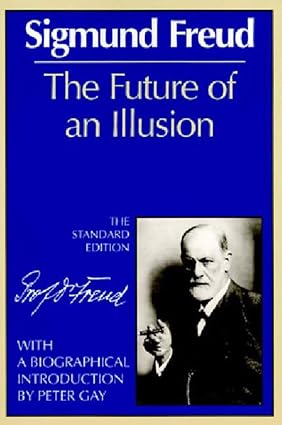 Inglés
InglésThe Future of an Illusion
Sigmund FreudArrendar
Recíbelo en 24-48 horas arrendado
Cotizar Título
Confirmar Disponibilidad para Compra
The Future of an Illusion (1927) by Sigmund Freud is a profound critique of religion from a psychoanalytic perspective. Freud argues that religion is an illusion, a belief created from humanity's need for comfort in the face of uncertainty and suffering. According to Freud, religion arises from the child’s desire for protection and security, akin to the relationship between a child and their parents. As societies evolve, these beliefs become institutionalized, yet they remain a manifestation of an unresolved emotional need. Freud suggests that, like the illusions within psychoanalysis, religion must be overcome to achieve greater maturity and rationality. For him, human progress is tied to the liberation from these illusions, which will allow for a more objective and scientific understanding of the world.
In the second paragraph, Freud examines the impact of religion on society and culture. While religion has been essential in providing order and comfort in civilizations, the author argues that science and rational thought should replace belief-based explanations. Freud predicts that as societies progress, religion will lose its relevance and will be replaced by a deeper understanding of human nature and the world. In its place, humans should seek comfort in knowledge and scientific understanding, which would provide a firmer and more realistic foundation to face existential challenges. Freud views religion as a barrier to intellectual and personal progress, which can only be overcome when individuals and societies free themselves from its influence.